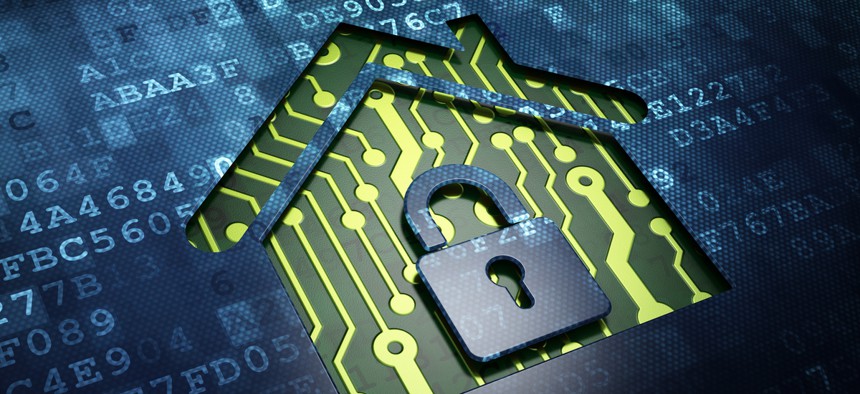US-CERT Explains How to Keep Your Home Network Secure

Maksim Kabakou/Shutterstock.com
Yes, your home network could be targeted.
Whether you have an advanced smart home system or a basic Wi-Fi setup with a few devices connected to it, keeping your home network secure is essential.
Though many people think they're fine on a personal network with minimal security measures, it's still entirely possible that a home network could be the target of hackers. In April, it was reported that Russian hackers were targeting home routers.
In order to prepare people, the U.S. Computer Emergency Readiness Team has released a guide with tips and best practices on how to keep a home network safe and secure.
Of course, they recommend improving password security Users should be wary of clicking on fishy email links and also keep their basic cyber hygiene up to snuff by backing up data and regularly updating software.
But two of the most important tasks, when it comes to keeping a home network safe, are installing a firewall around your network and devices and enabling wireless security for your router.
Once installed, a network firewall can keep bad things out, but it can also keep internal threats like malicious software from reaching out to the wider internet. Thankfully, most wireless routers come with a built-in network firewall, but it's up to the users to tailor it to protect their home network perfectly.
Keeping that router safe can be done several ways. Make sure to change the router's default administrator password. This seems obvious, but plenty of people neglect this step. You should also change the default network name because the default name will often include the name of the manufacturer, making it easier for a hacker to determine if your network has any vulnerabilities. You should also make sure your network is using the strongest encryption protocol available.






